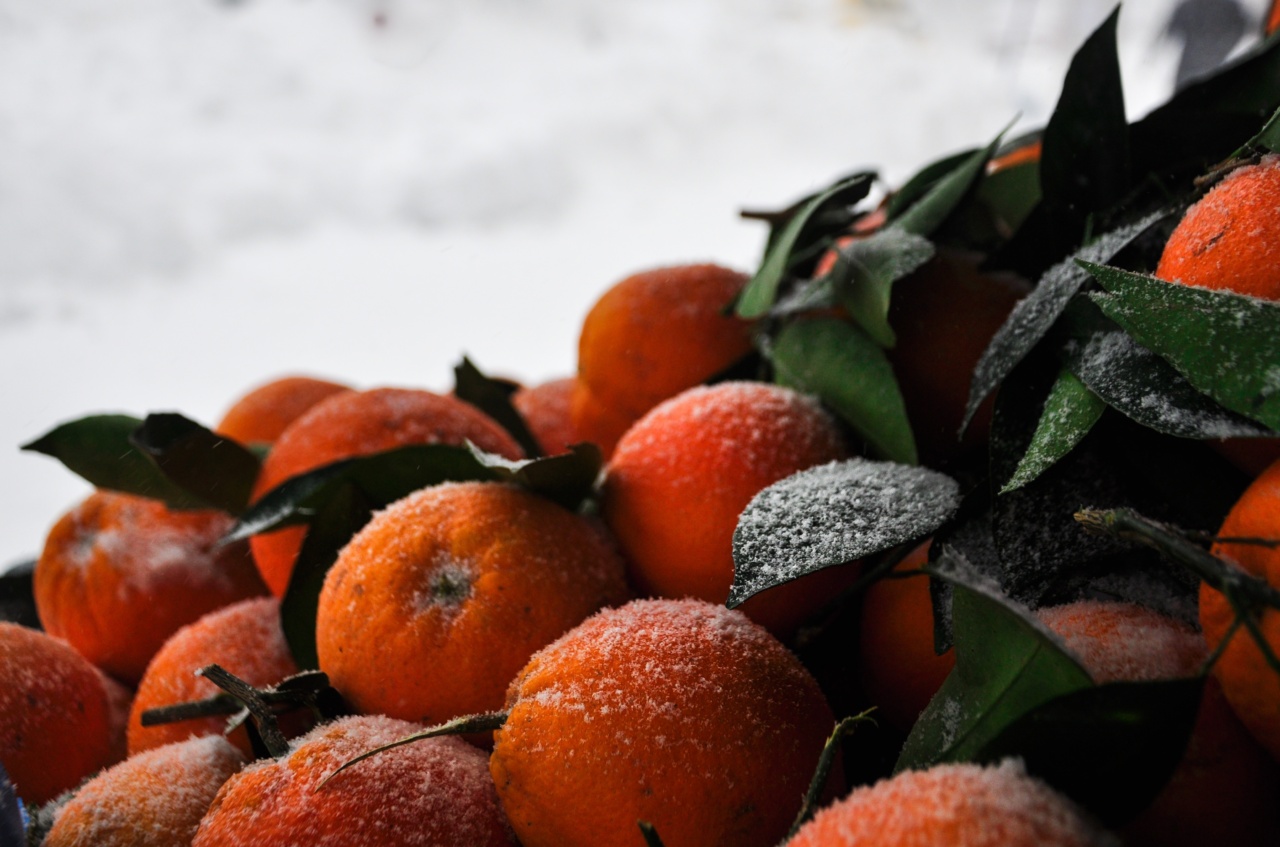As the temperature drops and snow begins to fall, it’s important to take extra care of your health during the winter season. This means making sure your body is getting the essential vitamins it needs to stay strong and healthy.
Here are 10 vitamins you should be taking during winter:.
Vitamin C
Vitamin C is perhaps the most well-known vitamin for keeping the immune system healthy. It’s an antioxidant that helps protect cells from damage and helps the body absorb iron.
It’s especially important during winter, as it can help prevent and reduce the severity of colds and flu. Foods high in vitamin C include citrus fruits, kiwi, strawberries, tomatoes, and red and green peppers.
Vitamin D
Vitamin D is essential for maintaining strong bones, as it helps the body absorb calcium. It’s also important for the immune system, as it can help prevent infections and reduce the risk of autoimmune diseases.
During winter, it can be difficult to get enough vitamin D from sun exposure, so it’s important to include vitamin D-rich foods in your diet, such as fatty fish (salmon, tuna, and mackerel), fortified milk and cereal, and egg yolks. Supplements may also be necessary for some individuals.
Vitamin E
Vitamin E is another antioxidant that helps protect cells from damage and boosts the immune system. It also has anti-inflammatory properties, which can help reduce the risk of chronic diseases.
Foods high in vitamin E include nuts (almonds, peanuts, and hazelnuts), seeds (sunflower and pumpkin), and oils (olive and sunflower).
Vitamin A
Vitamin A plays an important role in vision, as it helps maintain the health of the eyes. It’s also important for the immune system, as it can help fight off infections. Foods high in vitamin A include sweet potatoes, carrots, spinach, and kale.
Vitamin B6
Vitamin B6 is important for the nervous system, as it helps produce neurotransmitters that regulate mood and sleep. It’s also important for the immune system, as it helps produce white blood cells.
Foods high in vitamin B6 include chicken, fish, potatoes, and bananas.
Vitamin B12
Vitamin B12 is essential for the production of red blood cells and DNA. It also plays a role in the nervous system and can help reduce the risk of depression. Foods high in vitamin B12 include meat, fish, and dairy products.
Vegetarians and vegans may need to take supplements, as plant-based foods are not a good source of vitamin B12.
Vitamin K
Vitamin K is important for blood clotting and bone health. It also has anti-inflammatory properties, which can help reduce the risk of chronic diseases.
Foods high in vitamin K include leafy greens (spinach, kale, and collard greens), broccoli, and Brussels sprouts.
Zinc
Zinc is important for the immune system, as it helps produce white blood cells and can help fight off infections. It also plays a role in wound healing and taste perception. Foods high in zinc include oysters, beef, pork, and beans.
Magnesium
Magnesium is important for muscle and nerve function, as well as bone health and blood sugar regulation. It can also help reduce the risk of heart disease and stroke. Foods high in magnesium include almonds, spinach, avocados, and bananas.
Iron
Iron is essential for the production of red blood cells and energy metabolism. It also plays a role in the immune system and brain function. Foods high in iron include red meat, poultry, fish, and beans.
By making sure you’re getting these essential vitamins during winter, you can help keep your body healthy and strong. Talk to your doctor or a registered dietitian to determine the best vitamin plan for your individual needs.































